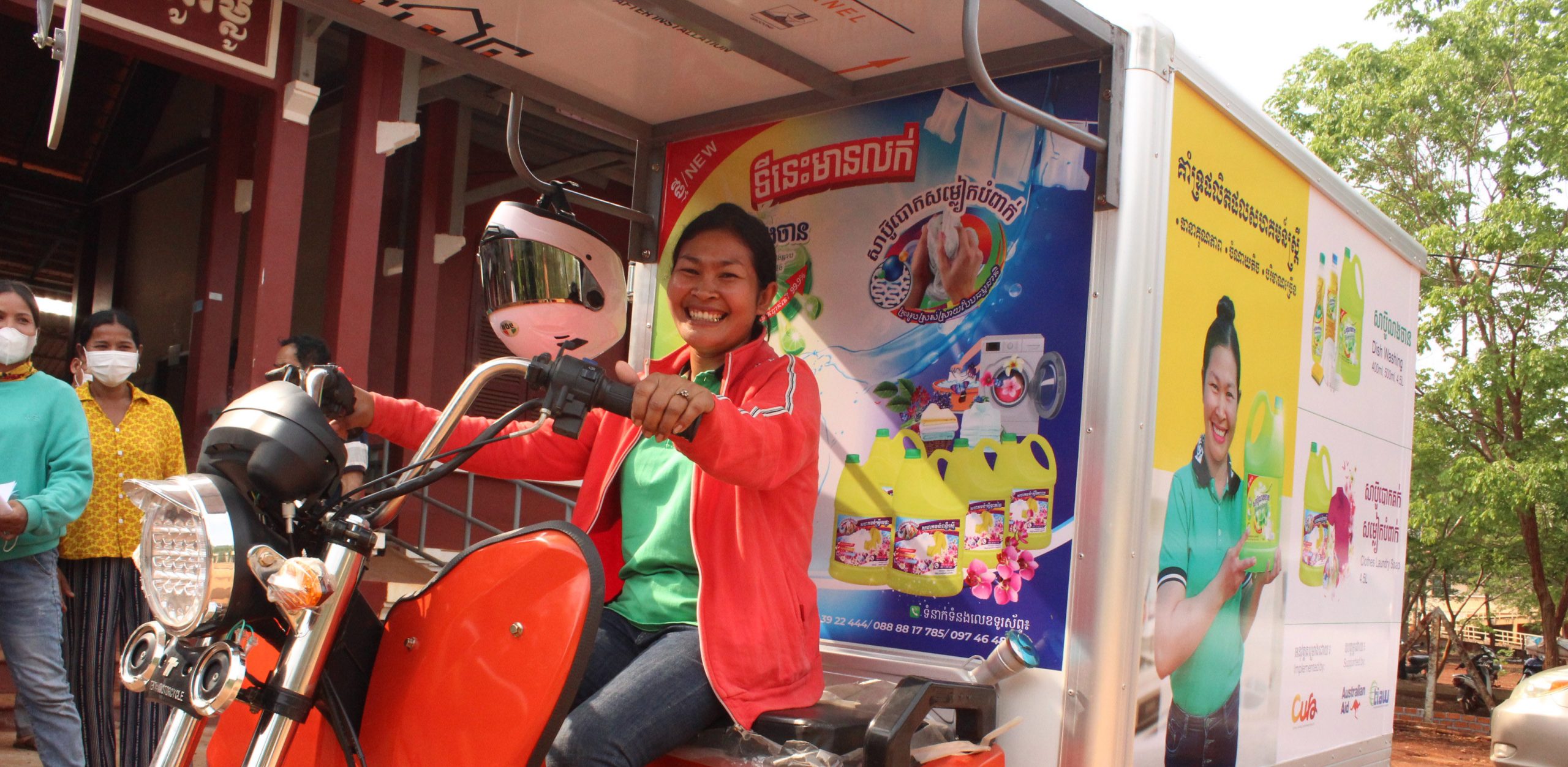How Myanmar inspired me – by Dr Peter Mason, CUFA CEO.
I was recently out in rural Myanmar visiting a number of very poor villages, talking to the communities that we are working with. I also went to several primary and secondary schools that were a part of the community’s economic initiatives. But it was after class that my true education took place.
The visits went particularly well, with incredible engagement and participation not only by the children but also the teachers and the school principals. As with many countries, the majority of teachers at primary level are women, an indicator of the pivotal role women play in Myanmar society.

With the day’s business finished, we climbed on board what I can only describe as a tray with sides, being pulled by a large motorbike. This was the only way to get back to the main road and our waiting car, along a 5 kilometer stretch of dirt road that had been severely damaged by the recent floods. A journey that should normally take 10 minutes instead took 40, as we navigated potholes, deep pits of mud and – to use an expression from AA Milne – the bit of road that wasn’t there.
After finally getting to the car, it would be another 3 hours before we were back in Yangon. As we were setting off, we saw two teachers we had met a couple of hours earlier in school; they were waiting for their bus to get them back home to Yangon too. They politely asked if they could get a lift, and went to climb into the luggage area of the car. After much haggling we persuaded them to sit in the seats, while the Myanmar Country Manager and the Project Officer settled in the back of the car.
As we were travelling back, I discovered that these teachers took three separate buses to get home every day – after they got to the main road: three buses that stopped at every stop along the way, were invariably overcrowded and with standing room only, and no air-conditioning apart from the open windows which also allowed in the dust and mosquitoes of the early evening. So a trip which may take a car three hours could stretch to four or more hours. Every day. There and back.
What does this all add up to? Travel time of up to eight hours each day, to teach in a school with limited resources, no library, no computers, sometimes no electricity and certainly no air- conditioning – not even a fan to quell the sweltering heat. The teachers in Myanmar may earn from between US$80 to US$100 per month teaching classes of up to 60 children, and they do it without complaint. The teachers I spoke to love their job and the role they play educating the next generation of Myanmar. They are incredibly disciplined in their approach to teaching their classes and are immaculately dressed, despite the heat and the excessively long hours they work to provide this essential service to the community.

Working in developing environments is difficult and frustrating for a number of reasons, not least because of the lack of resources in these communities. But realizations like this also makes it rewarding and very inspiring. I am always amply rewarded working with poor communities when I get to sit with them and listen as they describe what they have achieved, and the progress they are making to have a healthier and happier community. The villagers don’t just talk: it is their actions that speak the loudest about their everyday experience and their commitment to their families and their communities.
One of the unique features of CUFA’s development methodology is to take a ‘whole of community’ approach in terms of the economic initiatives we implement. In Myanmar, CUFA, in partnership with Teachers Mutual Bank, Victoria Teachers Mutual Bank and QT Mutual Bank, has focused its work on teachers’ salaries, ensuring teachers are retained and that quality education is widely available. CUFA assists the community-owned financial institutions to grow their savings, which in turn generate interest and grow their loan pools. This interest is then used to supplement the salaries of teachers who, before the project, often struggled to survive on less than $2 a day.
By helping to develop these communities, CUFA is ensuring that teachers’ salaries are increased, retention rates are improved and access to quality education is more widely available. Ultimately, the project is helping to empower whole communities to build a brighter future.
I hope you’ll be as inspired and humbled as I was at the extent to which the teachers in Myanmar go in order to provide the lifeline that is education: a vital link in breaking the cycle of poverty.
![]()

Dr Peter Mason, CEO, CUFA







